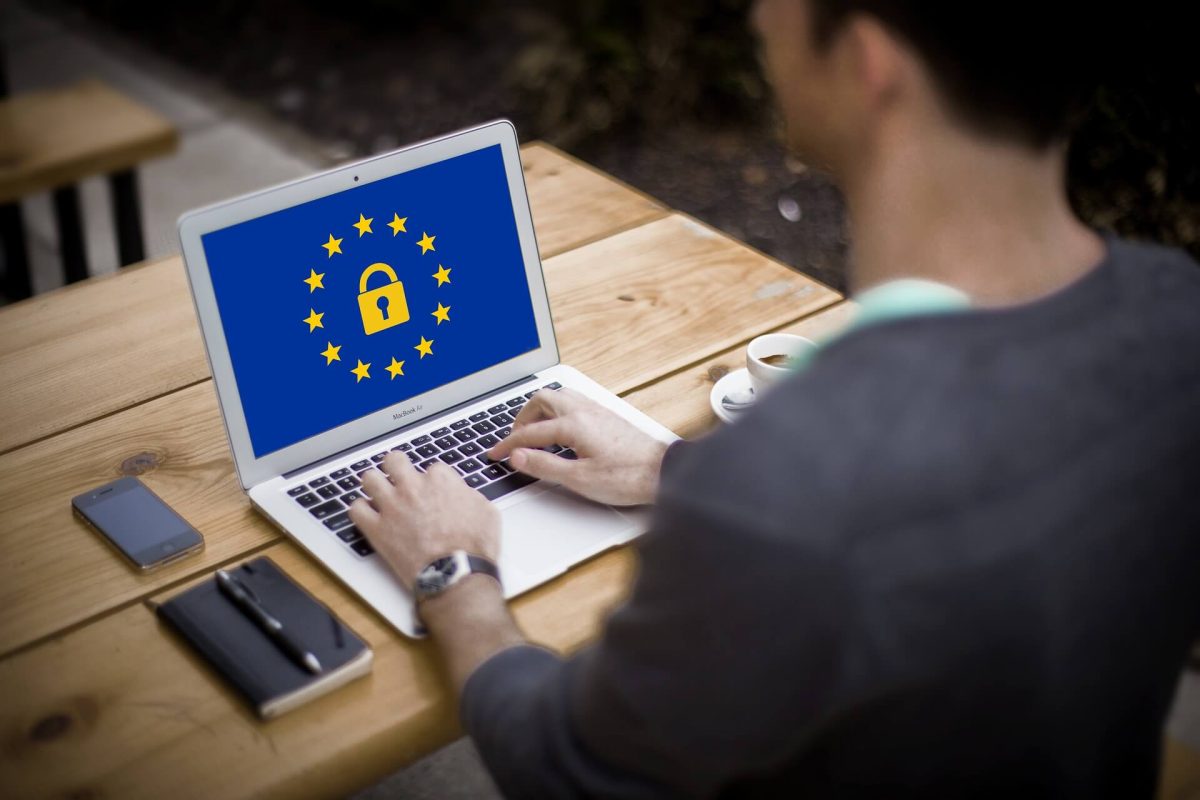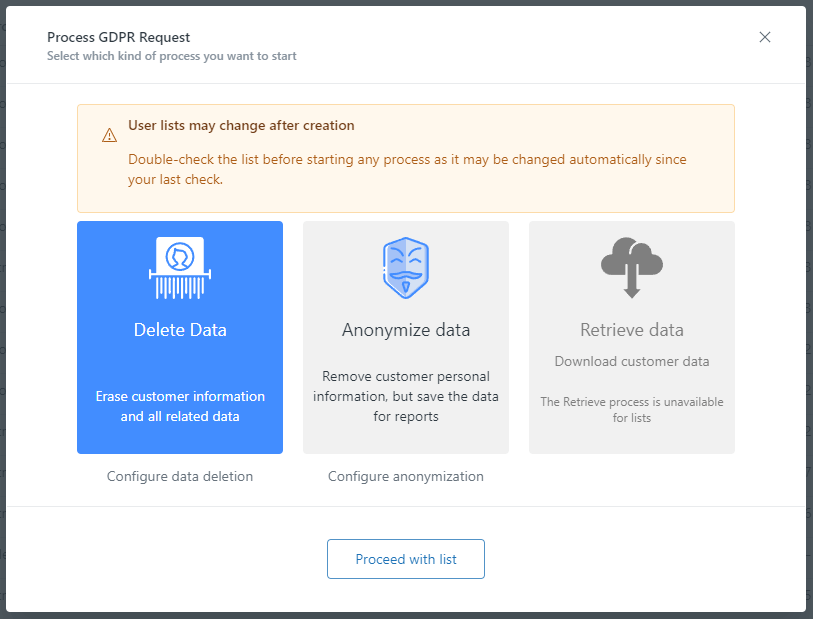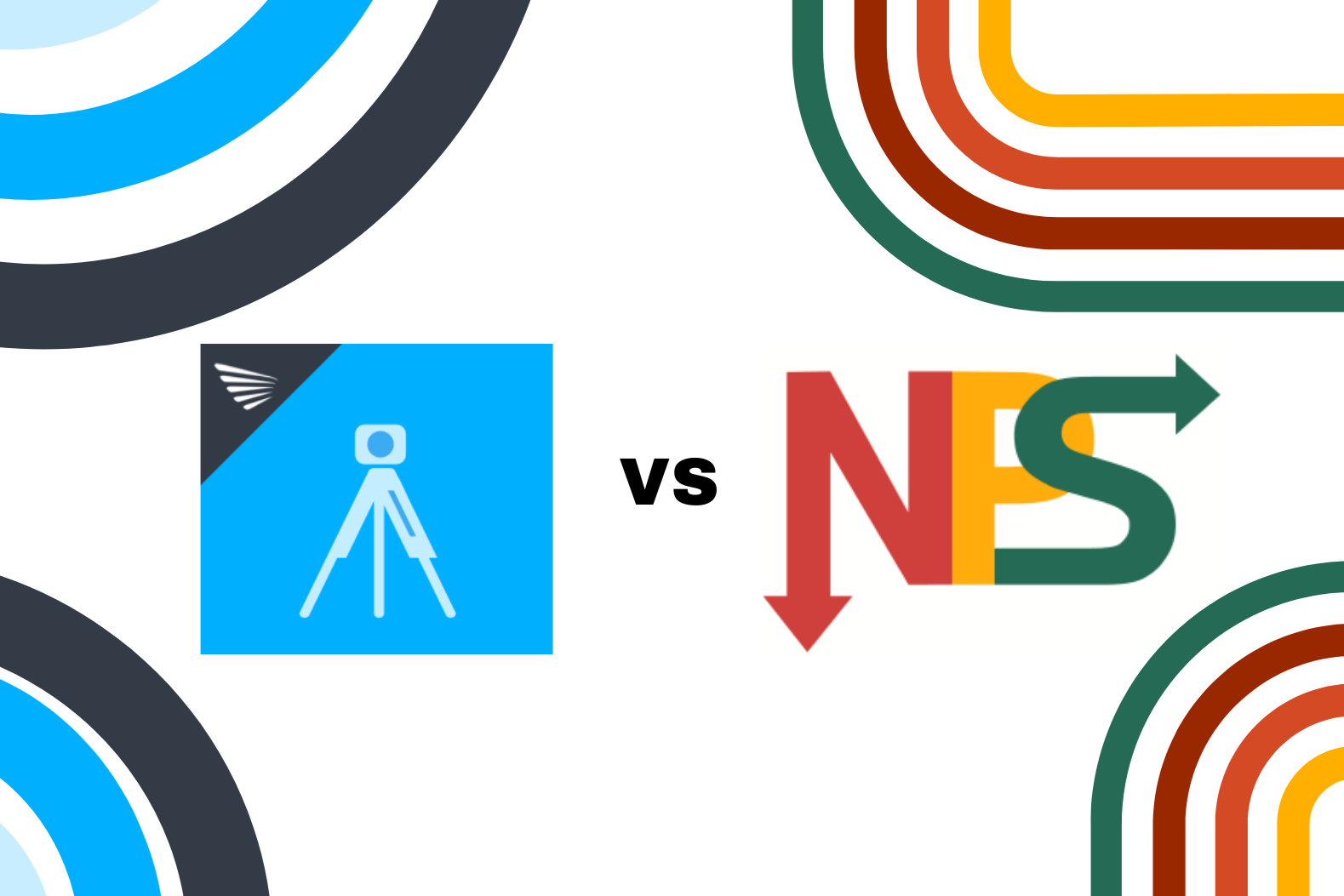Cybercrime is a very lucrative business today. Furthermore, according to the research, cybercriminals annually get about $1.5 trillion in revenue through stealing users' data. Consequently, customer data protection means a lot.
Sounds terrifying, right? But how is that possible?
Cybercriminals hack different systems, steal the data, and resell or hold it for some ransom. That is why it is vital to protect customer information. Any marketer should be aware of this fact, and its consequences as any data (even a simple email) they collect might be used by cybercriminals.
So, companies need to have client data protection up. In our article, we will describe all the whys and hows of customer data protection.
Importance of Customer Information Protection
If you, or your business, do not pay attention to customer data security, it means that you are prone to hacks. This, in turn, may lead to a decrease in customers' trust, their leaves, and even fines and lawsuits against your company.
One of the well-known and prominent examples of a data breach is Equifax's. Just imagine, this financial monitoring company lost $4 billion in 2017 (just overnight!) Plus, it was later fined by the Federal Trade Commission (FTC) $700 million more.
How to avoid such a situation? And how do companies protect customer information today?
Certain laws on customer data protection should be followed to avoid any troubles. Some are General Data Protection Regulation or simply GDPR, and California Consumer Privacy Act or CCPA. GDPR has a list of measures to protect the consumer data of EU citizens, while CCPA states necessary actions for California residents. Not following these requirements may result in severe fines by the FTC.
How Can You Keep Data Secure and Aligned with GDPR?
There are several rules you need to follow to guarantee GDPR compliance and avoid any potential risks. Here are some of the minimum security standards:
Gather only crucial information
Collecting valuable data is one of the critical aspects of privacy regulation according to GDPR privacy laws. When you decide to gather only the crucial and practical information from your customers, you will get the following outputs:
- decrease in the external value of the customer data;
- increase in the confidence of your customers.
What do these mean for your marketing and company?
The process of decreasing the value of your data improves your customer information security as web hackers, and scammers won't be interested in low-value information.
For example, if it is only the list with email addresses that hackers get from you, they might not be interested in making any efforts. But if they can earn more valuable data (such as names, phone numbers, household income, or some other important data), then this means that your data is useful. And valuable information is very lucrative for hackers.
Besides, when you start collecting valuable data, this increases your customers' confidence. Vice versa, when you collect low-value data, customers' confidence lowers.
Just imagine, you want to download some simple datasheet, but instead of asking your email, you get tens of fields to fill in. What will you think of this company then? You will start wondering the real reasons behind all those questions and most likely won't fill in it at all.
But how to understand that the data you want to collect is precious?
It is simple. You can analyze every piece of information you want to collect by answering the following question 'Will this collected data change something in the way you do marketing?'.
Also, try to do such an audit at least once a year, as, over time, you may start to pile up the data that is unnecessary and means nothing to you and your business. It also will help you to align with Data Privacy Laws.
Also, do not forget to analyze all the channels from which you collect your customer data. What do you use? Are those different web forms, analytics tools, mobile apps, or in-store data gathering if you own some physical locations? Check everything out.
Set limitations to your data
You don't need every member of your marketing team to have access to your data. Furthermore, they do not need the same type of access to the customer data. If you limit the entrance to the data, this means that your vulnerability decreases, as each time someone from your team logs into the system, you get a new point of weakness.
So, if, for instance, you have 50 members in your team, that means 50 points of vulnerability (!). What is more, if one of them uses a weak password, this automatically makes your system super prone to a hacker attack.
When you set access restrictions, this also helps reduce the chances of internal data abuse. What is that? For instance, some employees are fired but still get access to your cloud-based system. In this case, they can do whatever they like. But this situation can easily be prevented if you limit their admission in the first place.

Use password management solutions
As you may already understand, all the access or login points you have are your points of vulnerability.
How to improve your customer data security then?
Make sure all of your employees use a password management system. To put it simply, it is a place to store and create strong passwords for all the systems and tools your marketing team uses.
Why is it useful? People don't like complex passwords as they are difficult to remember. Password management solutions help you cope with this problem. Besides, most of them use complex data encryption protocols that make your passwords unreadable so that no one except you can get access to them. Even if a hacker breaks this tool, they won't be able to export any usable data.
Password management solutions also help when you have a shared password for all the team members. Usually, these passwords are very easy (remember, we told you about people's inability to remember complex passwords), but password management tools make them more secure.
How? It gives access only to members who need it without these people knowing the actual login details to this tool. Even if someone is fired or leaves your company, they won't access your password management solution because they do not have login details. You can easily remove access for such people, too.
Don't use too many data silos
Using various data silos could also become a cause of data vulnerability, especially if your data silos are stored in different and unsecured places. Besides, you may easily forget where specific data is stored, and consequently, you won't even notice a data breach.
What to do then?
Try to create a strategy for protecting customer data where you describe how to deal with all your data and where to store it. You can also use a data tracking plan that will help you trace which data you are collecting and why you are collecting this data.
Opt for sophisticated encryption methods
The use of encryption is one of the best privacy practices. It is essential to opt for advanced data encryption methods to improve your online privacy. Do not use badly encrypted cloud solutions, but take advantage of the decentralized database that works with SHA 256-bit encryption security protocols.
Start building trust
When you decide to take care of customer data privacy, you automatically invest in building trust with your customers as they know that they are secured. And trust helps develop long-term relationships with your customers.
Create Clear Privacy Policy
Make sure your company stays transparent with your customers about the data you collect throughout each point of the whole customer journey. For this, create a clear privacy policy to present your customers with protection requirements and make it customer-friendly, omitting too many legalese.
Train your employees on data privacy
Human mistakes cause many data breaches. Typically, cybercriminals trick employees to click on a link or install some malware application from the web to infect their gadget (mobile phone, tablet, or computer) with a virus and steal data. Spoofing or making employees believe that they send the data to a trusted person is a popular method of cybercriminals, too. That is why it is essential to train your employees on cybersecurity to make them understand the necessity of protecting both client data and the company's private data.
FAQs on Customer Data Security
What are the reasons why to protect your customers' personal data?
You can safeguard your company from any potential threats like data breaches, cybercriminals' hacks, fines, and lawsuits by protecting consumer data.
Can GDPR and its protection principles apply to personal data?
GDPR only applies to businesses that collect personal data on EU citizens. However, if you want to find out how it may affect your very firm, you can consult a lawyer.
What is the action plan for customer data protection?
If you want to secure customer data, you have to follow these simple steps:
- Gather only valuable data from your customers
- Restrict access to your data
- Take advantage of password management solutions
- Avoid using unsecured data silos
- Improve your security standards
Are there any tools that can make the process of customer data collection easier?
Yes, sure. There are many data collection software that can help you comply with the GDPR protection laws. For instance, GDPR Compliance for Zendesk is an easy tool to process customers' data in the Zendesk help desk. It helps delete, anonymize, and even download your users' data from Zendesk in just a few clicks.
Wrapping Up
Your responsibility is to keep your customer data secure if you are running a digital business and dealing with people's sensitive data. By building strong data security and data collection strategy and aligning with GDPR customer data protection requirements, you will be able to gain customers' trust and avoid any potential fees or lawsuits. We hope our article on how to keep your customer data safe will come in handy once you decide to change your approach to security and improve it.
Create secure customer support
Try GDPR Compliance






